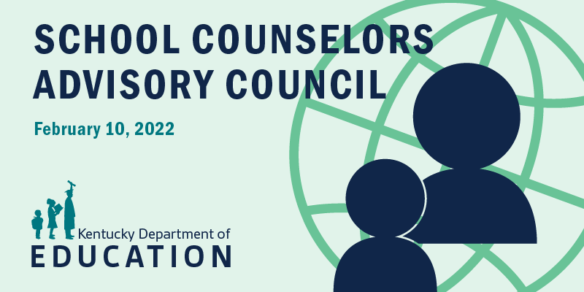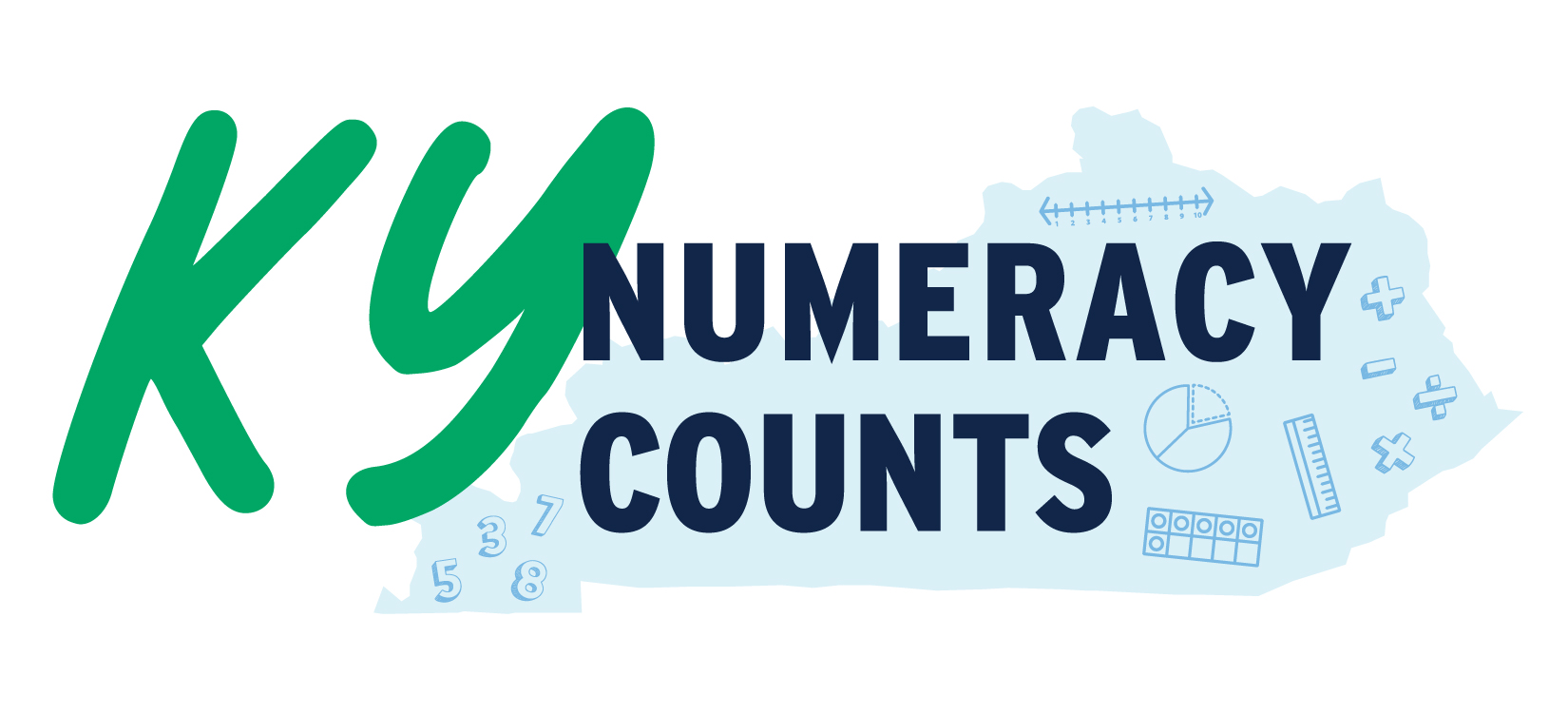
The Kentucky Department of Education’s (KDE’s) School Counselor Advisory Council (SCAC) heard about the initial analysis of responses from a school counselors survey focused on appropriate and inappropriate use of time at its Feb. 10 meeting.
Heather Bushelman, program coordinator for comprehensive school counseling in the KDE Office of Teaching and Learning, said feedback from the survey is still being evaluated but shared a first look at the data. Nearly 1,300 responses were collected from 133 school districts across the state through regional cooperatives to produce a geographically diverse group of counselors surveyed.
Counselors reported that roughly 75% of their time was spent on appropriate direct or indirect student services, as defined by the American School Counseling Association (ASCA). A total of 48% of counselor’s time was used on appropriate direct student services, such as academic counseling, mental health counseling and working with students on their personal or social development. A total of 20% of their time was used on appropriate indirect student services, which includes meeting with teachers to discuss classroom management strategies and assisting students with special needs in meetings.
The reported amount of appropriate use of counselors’ time also varied by grade level served. Counselors that work in high schools reported spending less of their time on appropriate activities than other grade levels. Counselors who work in K-12 schools or in multiple grade levels reported spending the most time on appropriate activities. Bushelman noted this may be because those school counselors divide their time across multiple schools and may not be pulled into inappropriate duties as often, such as cafeteria supervision.
Bushelman said some counselors marked items as inappropriate uses of time but some of those activities could be appropriate depending on what school counselors do within the activity. One example is school counselors using leadership team meetings as an opportunity to share input on students and data rather than just “sitting and getting” information.
The survey results will help inform KDE staff as they develop training for school counselors and administrators to address themes in the survey responses and help schools align more closely to the ASCA model.
Equity Dashboard
Damien Sweeney, KDE director of diversity, equity and inclusion, shared information on the equity dashboard, which provides live data on the under- or overrepresentation of various demographic groups on several indicators that schools and districts can access.
Developed by KDE’s Office of Education Technology and Office of Teaching and Learning, the dashboard is designed to offer a “big picture” look to help schools and districts identify areas needing further attention.
Sweeney said a current look at the data shows how minority student populations are often underrepresented in gifted and talented programs, but overrepresented in school suspensions. As schools reflect on the data, KDE provides a four-step problem solving analysis tool to help look for the root cause.
KDE Deputy Commissioner and Chief Equity Officer Thomas Woods-Tucker stressed the importance of schools taking advantage of the data to create substantial change in schools.
“We need to take advantage of this real-time data,” said Woods-Tucker. “If we don’t create and modify our instructional practices or plan to improve student achievement, then this data really doesn’t mean a lot. We need to be sure we are acting on this data as we have it in real-time. It’s a gift that we have.”
In other business, the council:
- Discussed self-care strategies for educators and students. Individuals shared self-care strategies practiced in their school or personal life, such as taking a mental health day;
- Provided positive feedback on the statewide counselor cadre focusing on LGBTQIA+ resources;
- Provided positive feedback for the statewide summit held on Feb. 8. Topics discussed at the summit included data-driven school counseling, comprehensive programs and implementing an integrated behavioral health model;
- Received an update on a grant KDE received to award calming/mindful spaces to nine schools in the 2022-2023 school year and another nine schools in the 2023-2024 school year. KDE is creating the application and scoring rubric with the anticipated release of the application in late February or early March;
- Heard about a statewide social-emotional learning (SEL) survey to be released in February. The survey will focus on collecting input and data on current SEL practices and implementation; and
- Learned about updates to the KDE school counseling webpage. The main update includes the addition of Recognized ASCA Model Program guidelines, which helps create comprehensive, data-informed school counseling programs;
The next meeting will be held June 7.




Leave A Comment